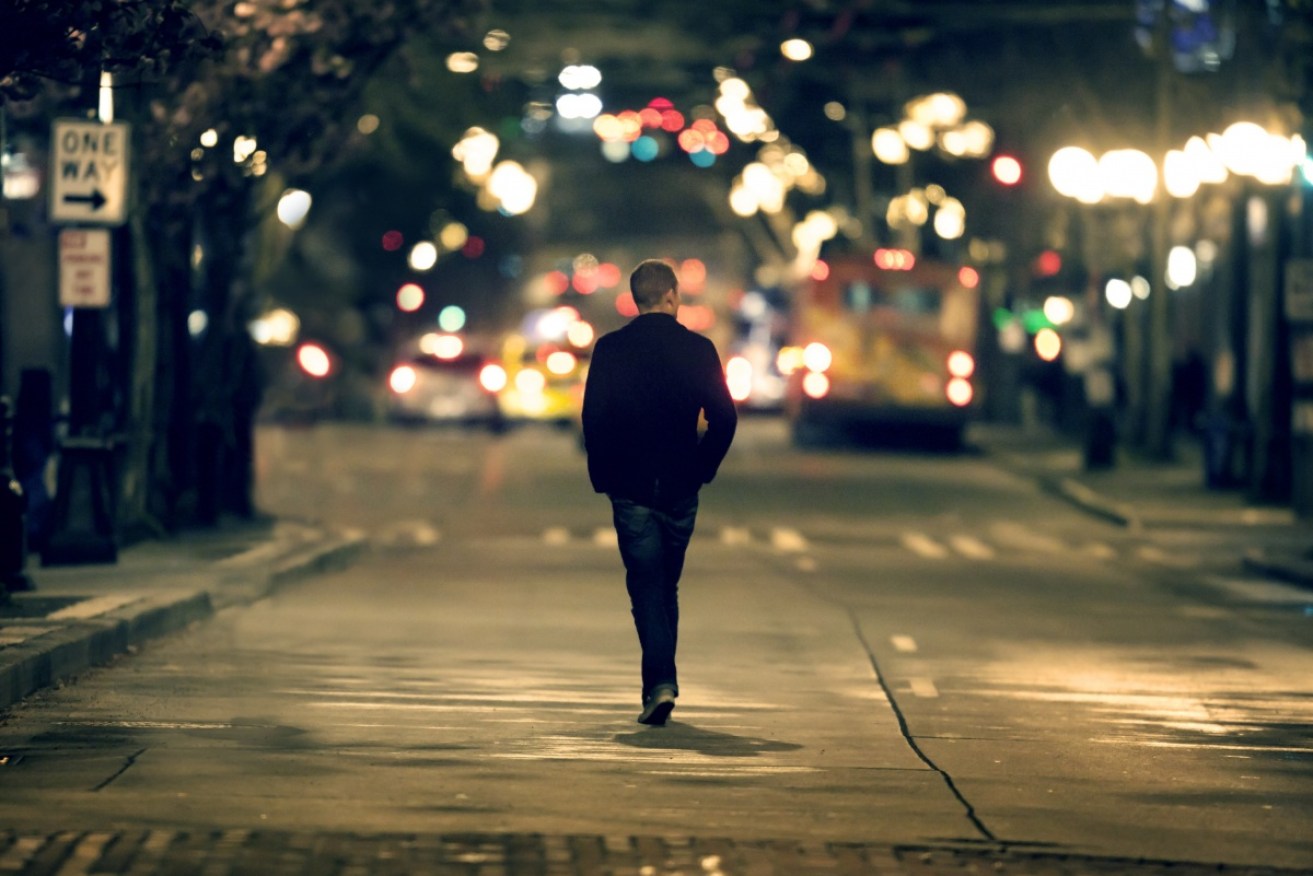Loneliness is a condition that rivals smoking, obesity


Here are some ways to guard against loneliness. Photo: Getty
Loneliness is at epidemic proportions and experts say increasing social media usage is largely to blame.
Experts in Australia and the United States say we should now be as concerned about our social connectedness as we are about our waistlines.
“Loneliness can no longer be ignored,” said clinical psychology lecturer Michelle Lim, who is also the scientific advisory committee chair of the Australian Coalition to End Loneliness.
“We know from research that loneliness is as bad for you as smoking 15 cigarettes a day.”
Dr Lim said technology is increasingly causing people to interact less with others, with media now the “main communication” tool for young people.
Since the early 2000s and the rise of social media, Australia has experienced a decline in face-to-face interaction and increased media interaction, with one in six millennials (aged 18 to 34) feeling lonely every day.
Long-term loneliness has been linked to an increased likelihood of developing mental health problems, while other research has found loneliness or social isolation may even be linked to Alzheimer’s disease or reduced survival for breast cancer patients.
A recent Brigham Young University study claims that greater social connection can halve the risk of an early death.
How lonely are Australians?
“Loneliness is a biological signal telling us to relate to others for survival, similar to responding to feeling hungry by eating. If we feel lonely, we need to seek meaningful relationships,” Dr Lim said.
“We have to encourage young people to learn to relate to others in a more positive way and to reduce their social avoidance, even if it means we initially reach out to them via digital means.”
Dr Lim said that new forms of communication such as social media have become a growing problem when it comes to loneliness as “emotion is often muted”.

Australians are living longer but it may come at a cost. Photo: Getty
Monash University’s Dr Rosanne Freak-Poli told The New Daily an estimated 245,000 Australians aged 70 years or older experience social isolation.
“But given the rapid growth in the number of ageing Australians, this number will increase substantially over the next decade,” she said.
“This demographic shift presents the challenge of supporting older people to maintain a healthy, fulfilling, independent and community-dwelling life for a longer period of time.”
It is estimated that by 2036 up to 3.4 million Australians will live alone, up from 2.1 million in 2011.
However, Dr Lim noted that loneliness is a subjective experience. It can be perceived by those who live with others and is not necessarily felt by all those who live alone.
“I think loneliness is a growing epidemic,” she said.
“Our lives are so busy that we don’t invest in our friendships and relationships as much as we used to, and people are more likely to travel making it more difficult to establish a sense of community.”
How to guard against loneliness
University of Wollongong senior sociology lecturer Dr Roger Patulny said there were numerous ways loneliness can be prevented.
He said men post-retirement age had the highest risk of becoming lonely.
“We know that women are much better at diversifying their social network and adapting post-retirement. We need a parental leave system that also encourages men to leave work,” Dr Patulny said.
“We can also be building more socially friendly cities that encourage more walking, and create more social centres where people can meet and socialise.
“We need to do more research into how we can help young people develop more meaningful relationships through use of social media, for example by creating a Facebook event or group.”
He said that Australia stacks up well compared to other countries in terms of loneliness but that did not minimise its risks.








